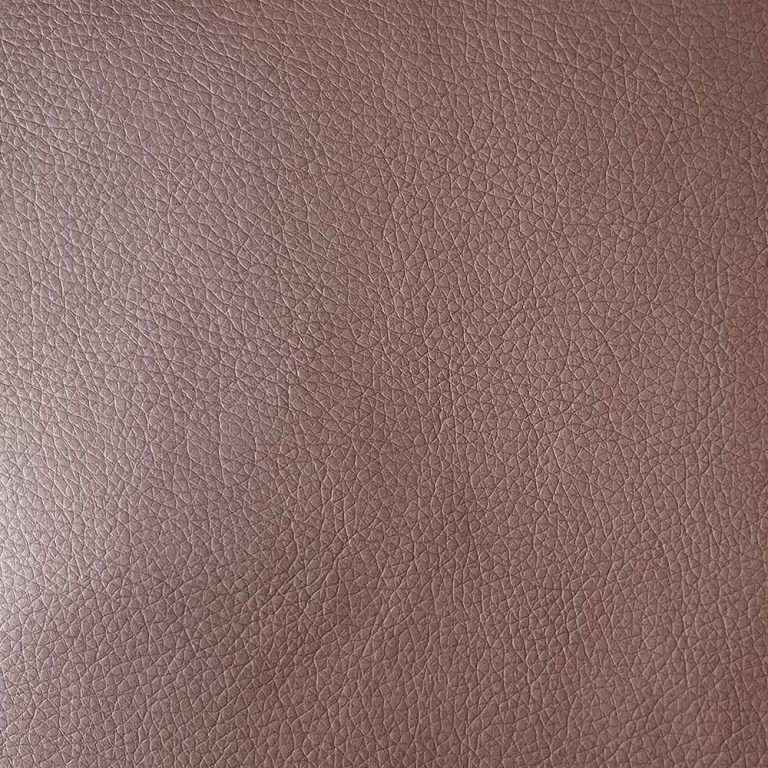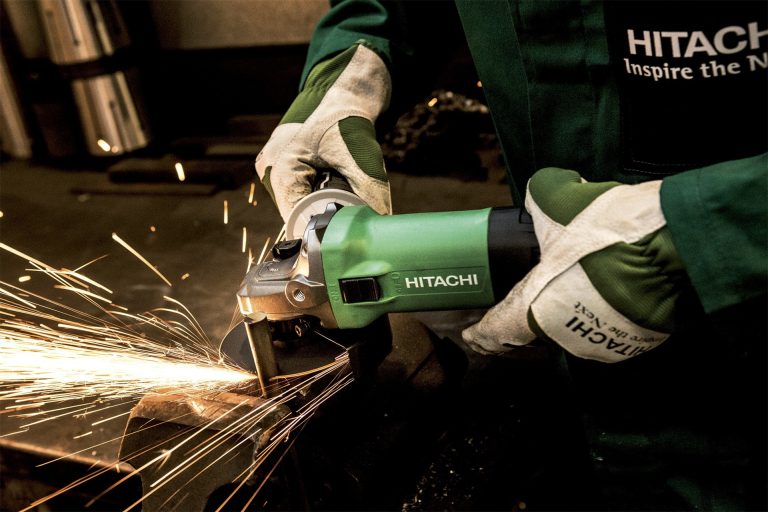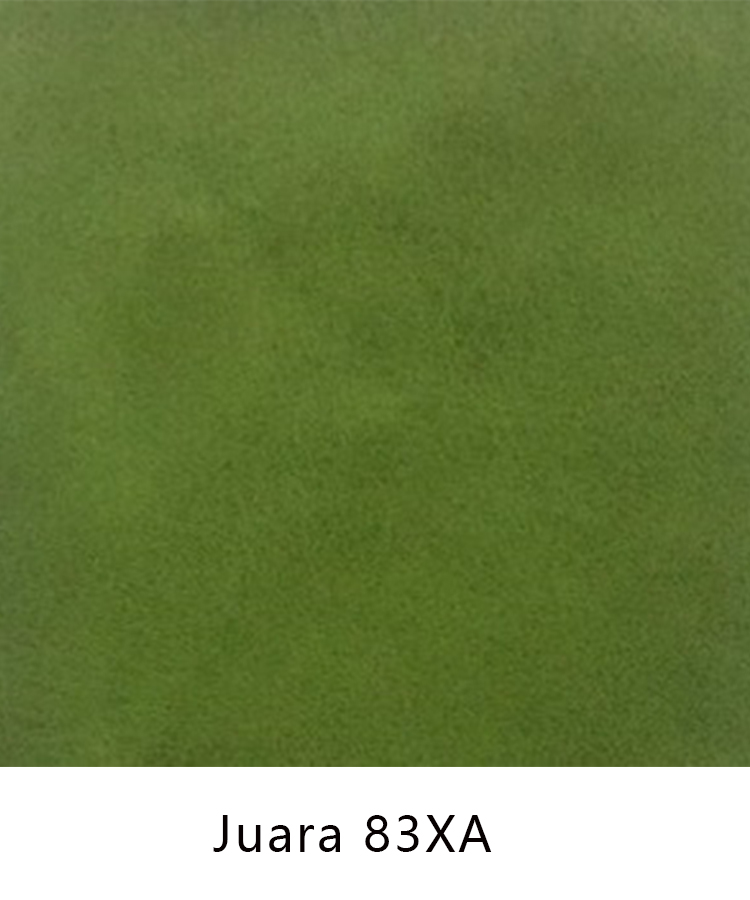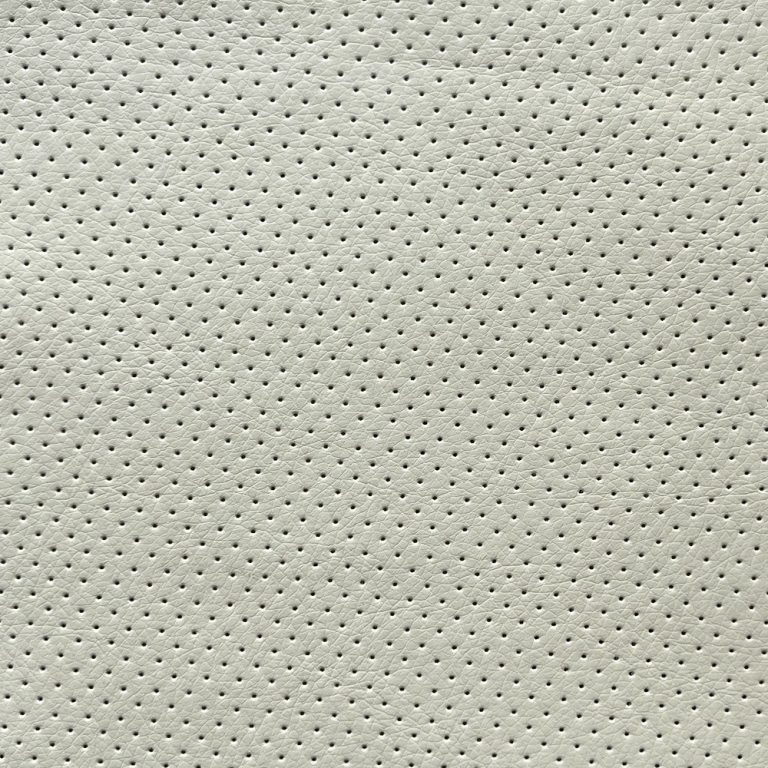Table of Contents
Sustainable Practices in Fake Leather Manufacturing
As the demand for sustainable and cruelty-free products continues to rise, the fake leather industry has seen significant growth in recent years. Manufacturers are now focusing on developing innovative and eco-friendly practices to produce high-quality fake leather products that are both ethical and environmentally friendly.
One of the key aspects of sustainable fake leather manufacturing is the use of alternative materials that do not harm animals or the environment. Traditional leather production involves the use of toxic chemicals and large amounts of water, which can have a detrimental impact on the environment. In contrast, fake leather manufacturers are turning to materials such as polyurethane and plant-based alternatives like pineapple leaves and cork to create a more sustainable product.
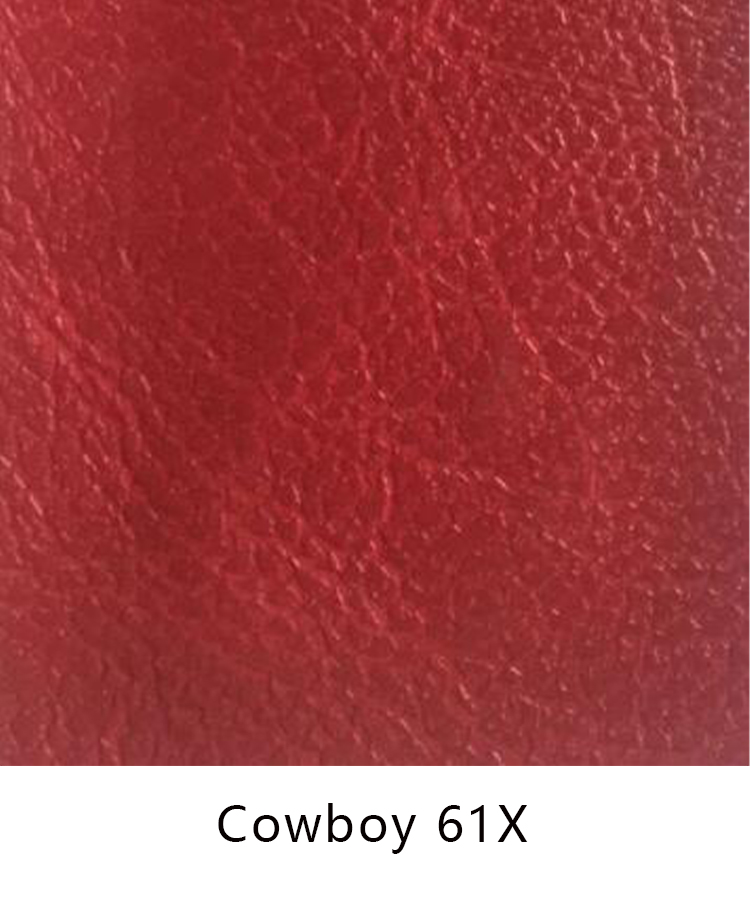
In addition to using alternative materials, fake leather manufacturers are also implementing energy-efficient practices to reduce their carbon footprint. By investing in renewable energy sources such as solar and wind power, manufacturers can significantly decrease their reliance on fossil fuels and lower their overall environmental impact. This shift towards renewable energy not only benefits the environment but also helps to reduce production costs in the long run.
Furthermore, sustainable fake leather manufacturers are also focusing on reducing waste throughout the production process. By implementing recycling programs and utilizing waste materials for other purposes, manufacturers can minimize their environmental impact and create a more circular economy. This approach not only helps to reduce the amount of waste sent to landfills but also conserves valuable resources and reduces the need for new materials.
Another important aspect of sustainable fake leather manufacturing is ensuring ethical labor practices throughout the supply chain. Manufacturers are increasingly working with suppliers who adhere to fair labor standards and provide safe working conditions for their employees. By prioritizing ethical labor practices, manufacturers can ensure that their products are not only environmentally friendly but also socially responsible.
In addition to ethical labor practices, sustainable fake leather manufacturers are also committed to transparency and accountability in their operations. By providing consumers with information about their production processes and sourcing practices, manufacturers can build trust and credibility with their customers. This transparency allows consumers to make informed decisions about the products they purchase and supports the growth of the sustainable fashion industry as a whole.
Overall, sustainable practices in fake leather manufacturing are essential for reducing the environmental impact of the fashion industry and promoting ethical and cruelty-free products. By using alternative materials, implementing energy-efficient practices, reducing waste, prioritizing ethical labor practices, and promoting transparency, fake leather manufacturers can create a more sustainable and responsible product that meets the growing demand for eco-friendly fashion options.
In conclusion, the fake leather industry is evolving to meet the demands of environmentally conscious consumers. By embracing sustainable practices and prioritizing ethical and transparent operations, fake leather manufacturers are leading the way towards a more sustainable and ethical fashion industry. As consumers continue to prioritize sustainability and ethical practices in their purchasing decisions, the demand for sustainable fake leather products is only expected to grow in the years to come.
The Rise of Vegan Fashion: Exploring Fake Leather Alternatives
As the demand for sustainable and cruelty-free fashion continues to grow, more and more consumers are turning to vegan leather as an alternative to traditional animal-derived leather. One of the key players in this shift towards vegan fashion is the fake leather manufacturer. These manufacturers specialize in creating high-quality, synthetic leather materials that mimic the look and feel of real leather, without the need for animal products.
Fake leather, also known as faux leather or synthetic leather, is typically made from a variety of materials such as polyurethane (PU) or polyvinyl chloride (PVC). These materials are often combined with other fabrics to create a durable and versatile material that can be used in a wide range of fashion products, from shoes and handbags to jackets and accessories.
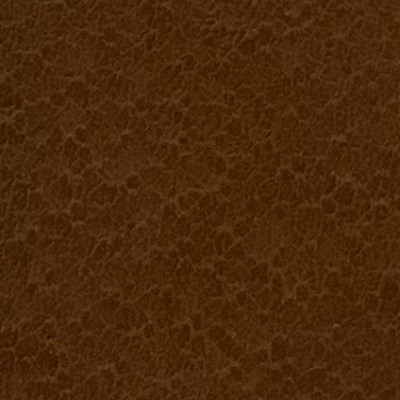
One of the main advantages of fake leather is its cruelty-free nature. By opting for vegan leather products, consumers can enjoy the look and feel of real leather without contributing to the harm and suffering of animals. This ethical consideration is a driving force behind the rise of vegan fashion and has led to an increase in demand for fake leather products.
In addition to being cruelty-free, fake leather also offers environmental benefits. The production of traditional leather involves the use of harmful chemicals and large amounts of water, as well as the release of greenhouse gases and other pollutants. In contrast, fake leather manufacturing processes are often more sustainable and eco-friendly, making them a more environmentally conscious choice for consumers.
Fake leather manufacturers are constantly innovating and improving their production processes to create materials that are more sustainable and eco-friendly. Some companies are even experimenting with new materials, such as pineapple leather and mushroom leather, to offer even more sustainable alternatives to traditional leather.
| Products | Use |
| Fake leather fabric | All kinds of Use |
Another key advantage of fake leather is its versatility. Vegan leather can be made in a wide range of colors, textures, and finishes, allowing designers to create unique and stylish fashion products that cater to a variety of tastes and preferences. This versatility has made fake leather a popular choice among fashion designers and consumers alike.

Despite its many benefits, fake leather is not without its challenges. Some critics argue that synthetic materials like PU and PVC are not as durable or long-lasting as real leather, and may not age as well over time. However, advancements in technology and manufacturing processes are helping to address these concerns, with fake leather manufacturers developing new and improved materials that are more durable and sustainable.
In conclusion, the rise of vegan fashion and the increasing demand for cruelty-free and sustainable products have led to the growth of the fake leather industry. Fake leather manufacturers play a crucial role in providing consumers with high-quality, ethical, and environmentally friendly alternatives to traditional leather. With ongoing innovation and advancements in materials and production processes, fake leather is poised to become an even more popular choice in the world of fashion.
Ethical Considerations in Choosing a Fake Leather Manufacturer
When it comes to choosing a fake leather manufacturer, there are several ethical considerations that should be taken into account. Fake leather, also known as vegan leather or faux leather, is a popular alternative to traditional leather due to its cruelty-free and environmentally friendly properties. However, not all fake leather manufacturers operate ethically, and it is important to do your research before making a decision.
One of the most important ethical considerations when choosing a fake leather manufacturer is the treatment of animals. While fake leather is often marketed as a cruelty-free alternative to traditional leather, some manufacturers still use animal products or test on animals in the production process. It is important to choose a manufacturer that is committed to animal welfare and does not use any animal products or testing in their production process.
Another ethical consideration to keep in mind when choosing a fake leather manufacturer is the environmental impact of their production process. While fake leather is generally considered to be more environmentally friendly than traditional leather, some manufacturers still use harmful chemicals and processes that can have a negative impact on the environment. It is important to choose a manufacturer that is committed to sustainable and eco-friendly practices, such as using recycled materials and minimizing waste.
In addition to animal welfare and environmental considerations, it is also important to consider the working conditions of the employees at the fake leather manufacturer. Some manufacturers may exploit their workers by paying low wages or subjecting them to unsafe working conditions. It is important to choose a manufacturer that treats their employees fairly and ethically, and provides a safe and healthy work environment.
When researching fake leather manufacturers, it is important to look for certifications and accreditations that demonstrate their commitment to ethical practices. For example, some manufacturers may be certified by organizations such as PETA or the Global Organic Textile Standard (GOTS), which have strict guidelines for animal welfare and environmental sustainability. Choosing a manufacturer with these certifications can help ensure that you are supporting a company that is committed to ethical practices.
In conclusion, there are several ethical considerations to keep in mind when choosing a fake leather manufacturer. It is important to research the company’s practices and policies regarding animal welfare, environmental sustainability, and employee treatment. By choosing a manufacturer that is committed to ethical practices, you can feel confident that you are supporting a company that aligns with your values and beliefs. Remember to look for certifications and accreditations that demonstrate the manufacturer’s commitment to ethical practices, and don’t be afraid to ask questions and seek out more information before making a decision. By taking the time to consider these ethical considerations, you can make a more informed and responsible choice when choosing a fake leather manufacturer.

